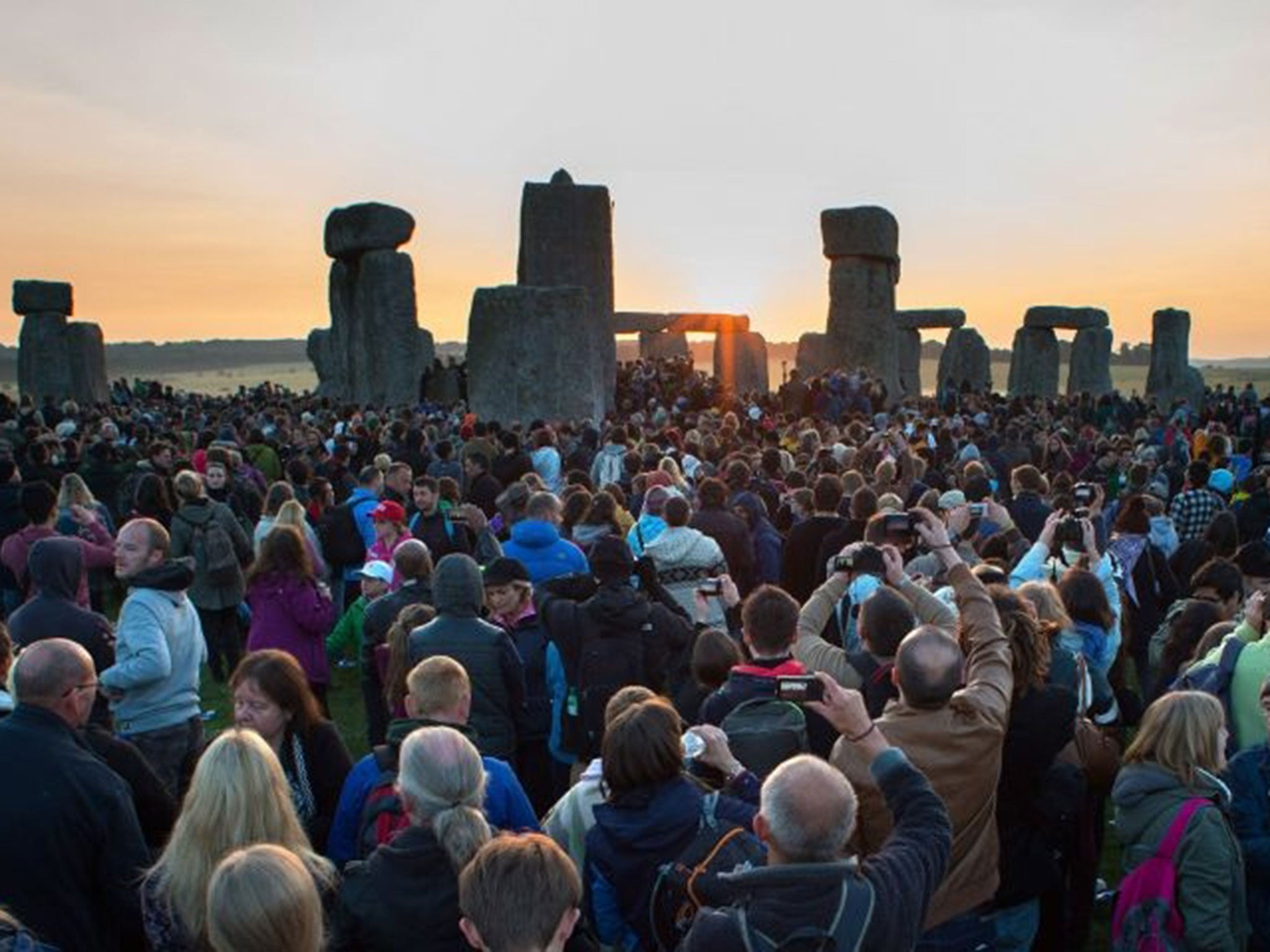Stonehenge 'constructed by cowboy builders'
It’s the most iconic landmark in Britain - but one expert says its ‘shoddy’ construction would shame ‘decent’ builders

A leading historian may have finally solved the mystery of who built Stonehenge: cowboy builders.
Professor Ronard Hutton, an expert in paganism at Bristol University, told the Daily Mail that the monument was a “unique and possibly failed experiment” and “as much a triumph as a disaster”.
Speaking during the Chalke Valley History Festival, he said that while the building of a stone circle in Wiltshire was successful because “the darned thing’s still there” there had been “some bad times along the way” with those who built the monument making some rookie mistakes.
“When they put up one of those great sandstone blocks in the outer circle, it slipped when it was being put in its hole, fell over and broke in half.
“If you were a decent bunch of builders what you’d do then is, after a great deal of screaming and complaining, chuck the two broken bits away and bring another one intact and do it properly.
“They didn’t. They put one broken bit on top of the other broken bit, jammed a lintel on top and hoped they’d stay together. They didn’t, they fell over quite soon after”, he said. “Because of shoddy or high-pressure, efficiency-gaining, new Stone Age engineering, we have lost the great engineering feat of Stonehenge.”
While Stonehenge may have only been built by, as Professor Hutton puts it, someone “insane enough to want to try the experiment of working enormous stones as if they are wood” it remains one of the most iconic landmarks in Britain.
Historians estimate it was built between 3000 BC and 2000 BC - some believe it was intended to be used as centre of healing while others have suggested it was a Druid temple, or a special construction to mark the solstices.
Join our commenting forum
Join thought-provoking conversations, follow other Independent readers and see their replies
Comments
Bookmark popover
Removed from bookmarks